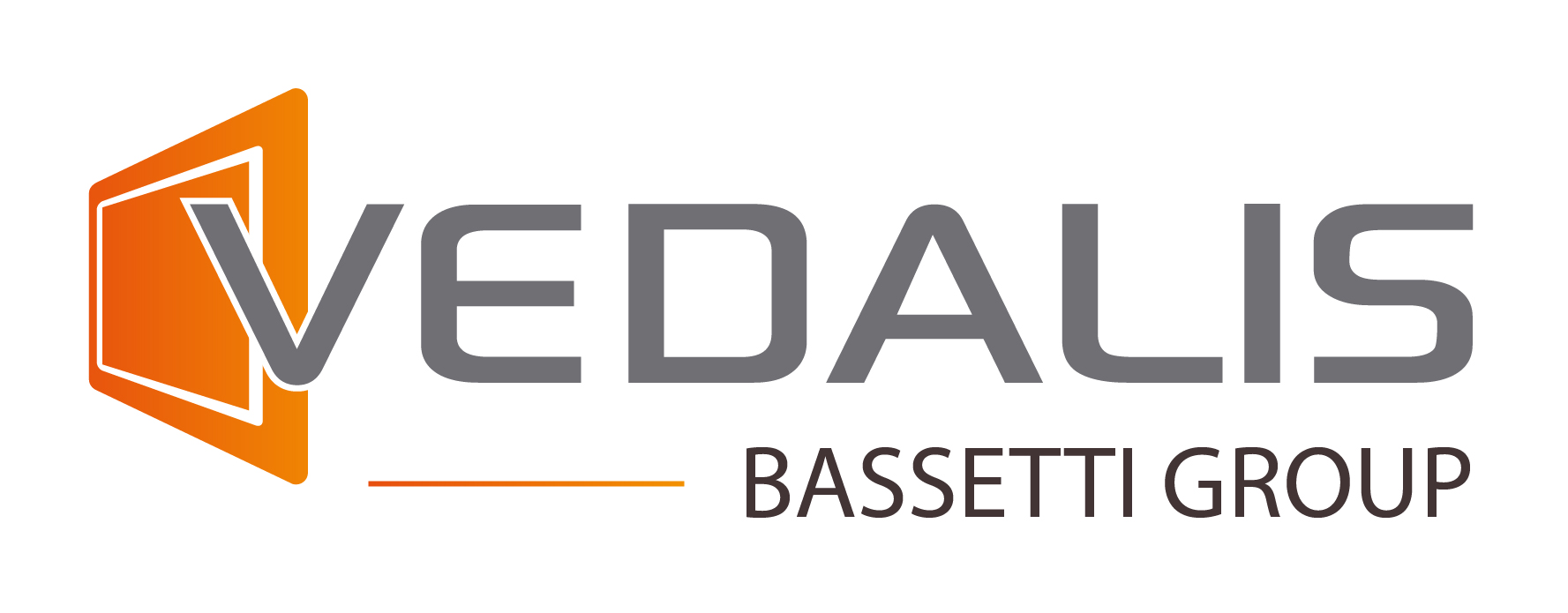
In a global economy facing constant change and a talent market being shaken by the arrival of new generations, active knowledge management and in particular its internal sharing becomes essential for companies. Are companies evolving at an ever-increasing pace? Yes, according to the annual reports of the S&P 500, FTSE 100 and DAX companies. “Speed”, ” velocity “, ” agility ” and ” revolution ” return in a loop to illustrate the acceleration of the evolution of companies. In this global context, active knowledge management and in particular its internal sharing becomes essential for companies.
Only 19% of employers have implemented measures to avoid this loss of skills held by baby boomers (Lindegren, 2015), while 98% of companies want to increase their ability to retain and share knowledge internally (Dixon and Overton, 2017). The acquisition and transmission of knowledge is all the more important as 33% of new recruits are looking for a new job within 6 months of being hired and the cost of replacing an employee represents 10% to 30% of their annual salary (Harvard Business Review). The objective is to create environments where training is integrated into the daily routine, where cultural exchanges are encouraged as well as innovation in order to facilitate decision-making.
What are the advantages for companies?
Studies show the considerable benefits of knowledge management and transfer, particularly in five areas:
- Commercial results: knowledge management offers the company direct financial advantages (competitive advantage, financial gains, cost reduction, etc.)
- Clients: customers benefit from knowledge transfer efforts, in particular by improving the quality of your products, increasing customer satisfaction, and loyalty, and reducing time to market
- Innovation: knowledge transfer ensures the company’s future by promoting R&D, the development of new products and services and the application of new technologies
- Processes: many companies are implementing knowledge transfer initiatives to achieve short-term internal benefits (increased productivity, reduced errors, and duplication, exploitation of existing internal knowledge, risk management)
- Employees: knowledge transfer directly concerns employees, to whom it brings undeniable benefits (stimulating motivation and commitment; faster acquisition of skills leading to increased productivity; improving teamwork; retaining talent in key positions; increasing the ability to learn, adapt to change and meet the challenges facing the company; etc.)
Obstacles to implementation
Considering all these advantages and the apparent ease of knowledge transfer, what is preventing companies from implementing it? It appears that the most difficult obstacles to overcome are not only related to technology or funding, but also to the human factor and collaboration.
On the employees’ side, reservations linked to the lack of motivation, assertiveness or self-confidence appear to be real obstacles to be taken into account by management, as well as the lack of resources and financing. In addition, people who are more inclined to share their knowledge naturally end up not getting involved because of a lack of support and recognition from management. In addition, there are sometimes cultural, geographical and/or linguistic barriers.
Key factors for successful knowledge transfer
A company’s knowledge is often its unique value proposition, its essence. The loss of knowledge can jeopardize the survival and competitiveness of the company. We have identified six key success factors based on research and good practices proven by companies:
- Define a knowledge transfer strategy, including succession planning and staff retention;
- Emphasize training and knowledge sharing, both internally and externally;
- Invest in technology and knowledge transfer skills;
- Ensure that management supports initiatives and sets an example;
- Implement incentives and develop a culture of recognition for employees and teams involved in knowledge transfer;
- Train the HR and L&D teams in this practice.
Knowledge transfer is, therefore, THE key to agility and success, as it helps to identify good practices and share them within the company. It offers benefits both individually and at the organizational level.
VEDALIS offers to support you in your efforts thanks to its change management methods and its Social Knowledge Management solutions, which have been recognized for many years by its customers and partners. In fact, VEDALIS’ extensive expertise in this field has made it possible to implement effective tools and methodologies within many organizations of different sizes and in different sectors.
Knowledge management is no longer a must-have for companies but a necessity to remain competitive in increasingly complex environments.
Source: Les Echos, Jason Hathaway, 10/04/2017



